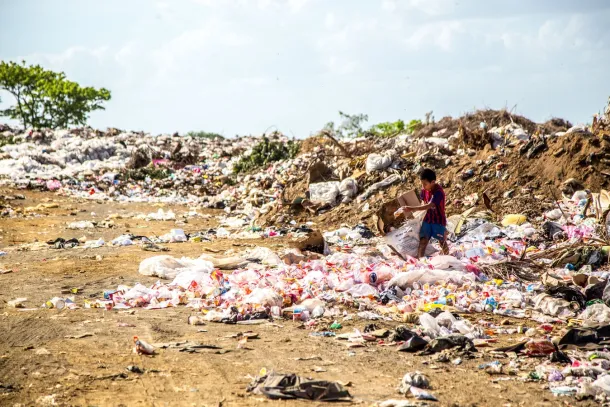EU lawmakers reached a provisional agreement to establish the bloc’s first-ever binding targets for reducing food waste.
The deal, part of a revision to the EU waste framework directive, sets ambitious goals to be achieved by 2030.
Under the agreement, EU member states will be required to reduce food waste at the retail and consumer levels by 30% per capita compared to 2021-2023 levels. Additionally, food processors and manufacturers must cut waste by 10% over the same period.
Polish MEP Anna Zalewska, the Parliament’s lead negotiator on the file, described the targets as “feasible and realistic” and emphasised that the agricultural sector would not be adversely affected by the measures. Member states will have the flexibility to choose their own methods to achieve the goals.
The agreement comes as the EU faces mounting pressure to address its food waste crisis. With nearly 60 million tonnes of food wasted annually across the bloc, and just six years remaining to meet the United Nations’ 2030 target of halving food waste, lawmakers were compelled to act.
However, NGOs within the EU’s Prevent Waste Coalition (PWC) expressed dissatisfaction with the outcome. Martin Bowman of Feedback EU criticised the targets as insufficient, stating that Brussels was “effectively planning to fail” to meet its international commitments.
Bowman also lamented the delayed action on the European Commission’s proposal, which was first introduced in July 2023, placing particular blame on the Council of the EU for slowing negotiations and advocating for weaker targets.
Milestone achievement
Despite the criticism, the PWC acknowledged the agreement as a historic milestone. The binding targets are not only a first for the EU but also among the first of their kind globally.
The provisional agreement must now be formally approved by the European Parliament and the Council of the EU before it can be adopted. Once ratified, the binding targets will mark a significant shift in the EU’s approach to food waste, setting a precedent for other regions to follow.
The landmark deal underscores the EU’s commitment to addressing food waste as part of its broader sustainability agenda, even as stakeholders continue to push for more ambitious action to meet global targets.
